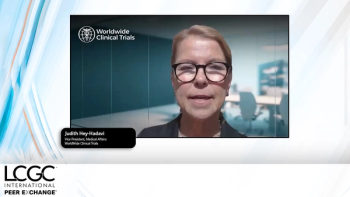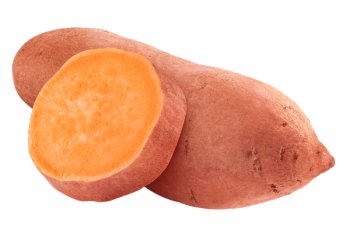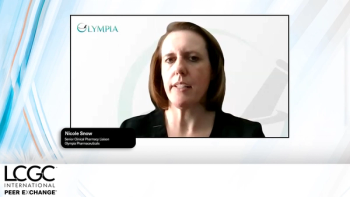
Micro and Nanotechnologies for Next-Generation Precision Medicine
This morning session, to be held in Room 116 and with Ryan C. Bailey of the University of Michigan (Ann Arbor, Michigan) presiding, begins at 8:30 am.
This morning session on micro and nanotechnologies for next-generation precision medicine, to be held in Room 116, will be chaired by Ryan C. Bailey and Heather Robison of the University of Michigan. The first talk, “Scaling Up Micro- and Nano-Fluidics for Disease Diagnostics and Drug Manufacturing,” will be presented by David Issadore of the University of Pennsylvania.
Next, “Micro-Technologies for Single-Cell Diagnostics in Clinical Medicine” will be presented by Nancy Allbritton of the University of North Carolina at Chapel Hill.
Christopher Easley of Auburn University will follow with a talk on “Observing Unique Dynamic Function of Adipose Tissue Through High Resolution Temporal Sampling into Microfluidic Droplets” at 9:45 am.
Gabe Kwong of Georgia Institute of Technology and Emory University will then present “Harnessing Protease Activity as Biological Bits for Programmable Medicine” at 10:35 am, followed by “New Microfluidic Tools for High Throughput and Low Input and Epigenomic Studies,” by session chair Bailey, at 11:10 am.
Newsletter
Join the global community of analytical scientists who trust LCGC for insights on the latest techniques, trends, and expert solutions in chromatography.





